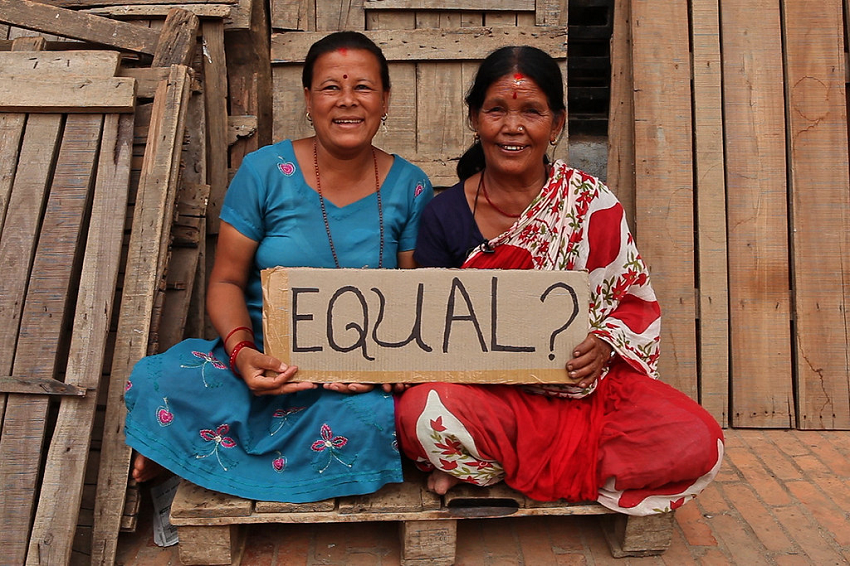

‘Chhori ko janma harey ko karma’, which literally translates to ‘A daughter is born with a doomed fate’, is a commonly used phrase in Nepal to portray a woman’s life. Women in Nepal have come a long way in terms of not only getting the opportunity to receive an education but also with the constitution enshrining their right to parental property. Yet, even in this age gender discrimination is considered ‘normal’ in our society.
Some of the issues still being faced by women are gender-based violence, child marriage, trafficking, unequal representation and participation in decision making, and not to forget the general lack of respect in society. Stereotypical gender roles haven’t been easy for women especially in rural areas.
The International Women’s Day was a movement to celebrate women in a man-dominated society. It was a movement for women to have equal rights. But should we really be celebrating Women’s Day instead of treating everyone equally every day?
What difference does it really make to a woman when we celebrate a certain day as Women’s Day and then she has to get back to the same routine from the next day? And what is it to be a woman in Nepal specifically?